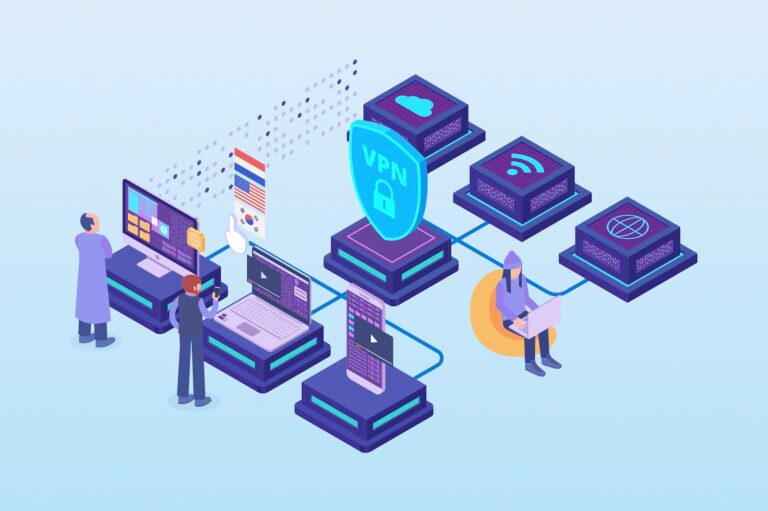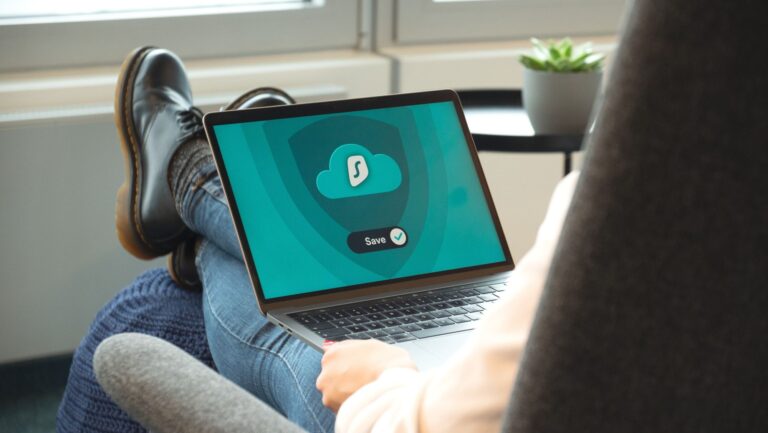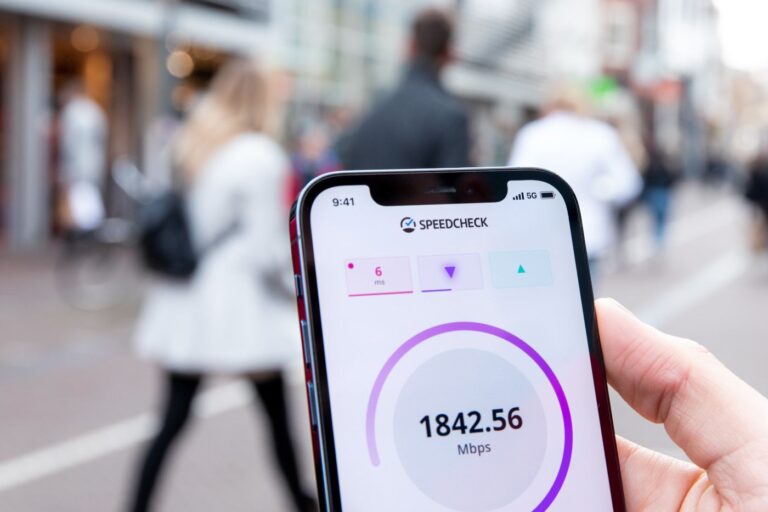A VPN service is a vital tool for anyone who wants to keep their online privacy and security intact. But with so many VPN services on the market, it can be hard to know which one is right for you. In this blog post, we are going to go over everything you need to know about VPN services! We’ll start by explaining what a VPN service is and how it works. Then we’ll look at the different types of VPN services that are available. Subsequently, we’ll discuss what a VPN service can be used for and how it protects users’ privacy. Finally, we’ll give you some tips on how to select a good VPN service and some features to look for.
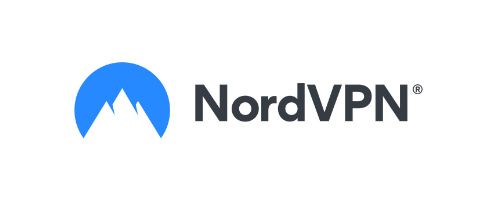
NordVPN Special Deal
Get VPN protection from NordVPN, one of the most reliable VPN companies in the world, for just $3.99/month!
✅ Possibly, the best Double VPN implementation.
✅ Over 5000 servers in 60 countries.
✅ VPN split tunneling support.
What is a VPN service?
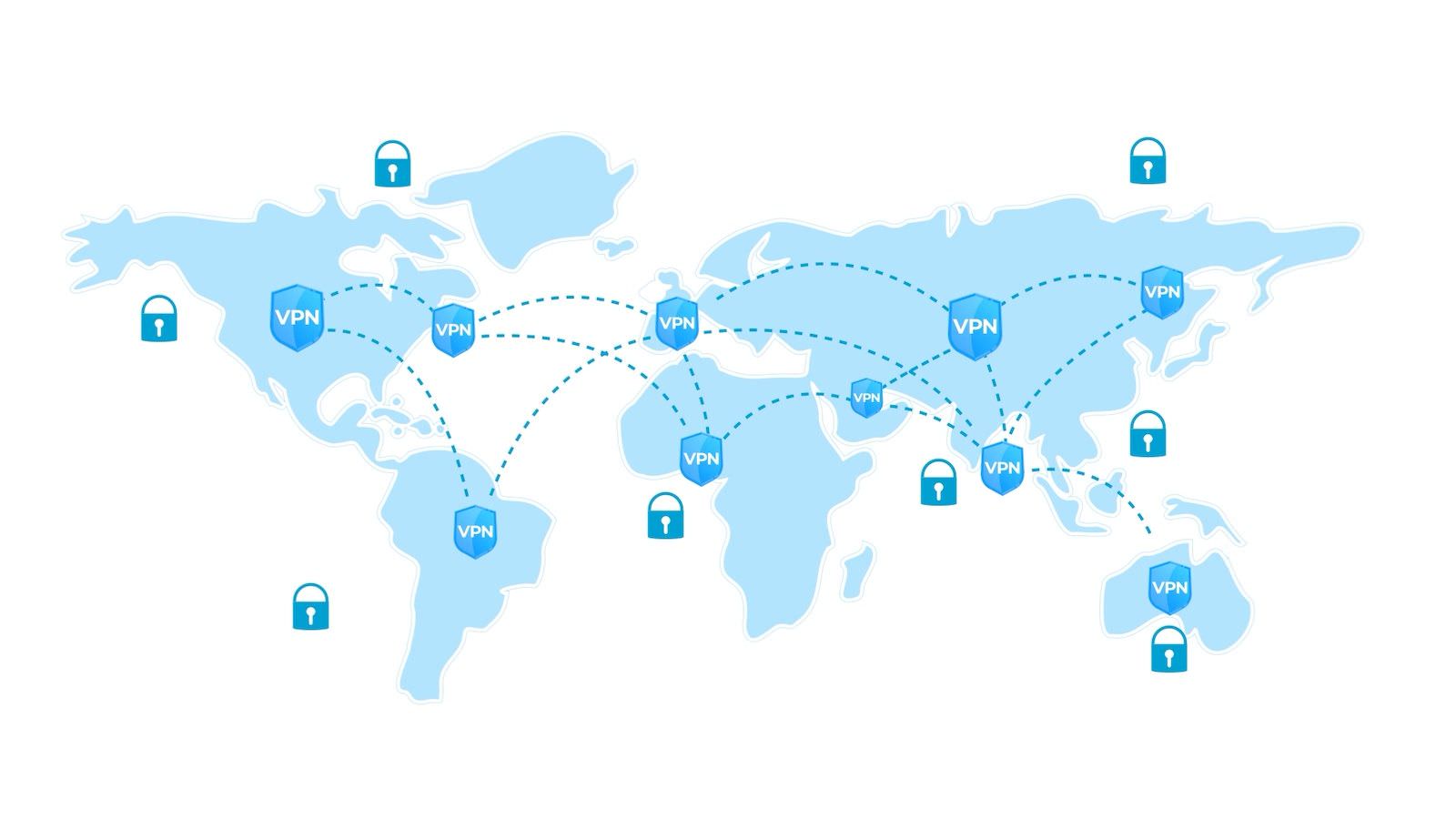
A VPN service is a type of online service that allows users to connect to a private network over the internet. When you use a VPN service, your traffic is routed through the VPN server instead of directly to the internet. This provides several benefits, including:
- Increased privacy and security – Because your traffic is routed through the VPN server, your true IP address is hidden from the websites you visit. This prevents others from tracking your online activities and discovering your true identity.
- Bypassing censorship and geo-restrictions – Some countries, schools, and workplaces block certain websites or restrict access to certain content. A VPN service can help you bypass these restrictions and access all the content on the internet.
- Accessing geographically restricted websites – If you live outside a country where a website is only available to citizens within that country, you can use a VPN service to access it anyway. For example, if you want to watch Netflix in another country or download apps from Google Play Store but don’t have an account there, you can use a VPN service to change your IP address and access those websites and apps as if you were in the desired country.
So, as you can see, there are many reasons why someone might want to use a VPN service. They provide a high level of privacy and security, they can help you bypass censorship and geo-restrictions, and they allow you to access geographically restricted content on the internet.

Special offer for our readers – 3 Months Free!
Get the best rated VPN service in the world with a special offer just for the readers of PrivacyTutor!
How does a VPN service work
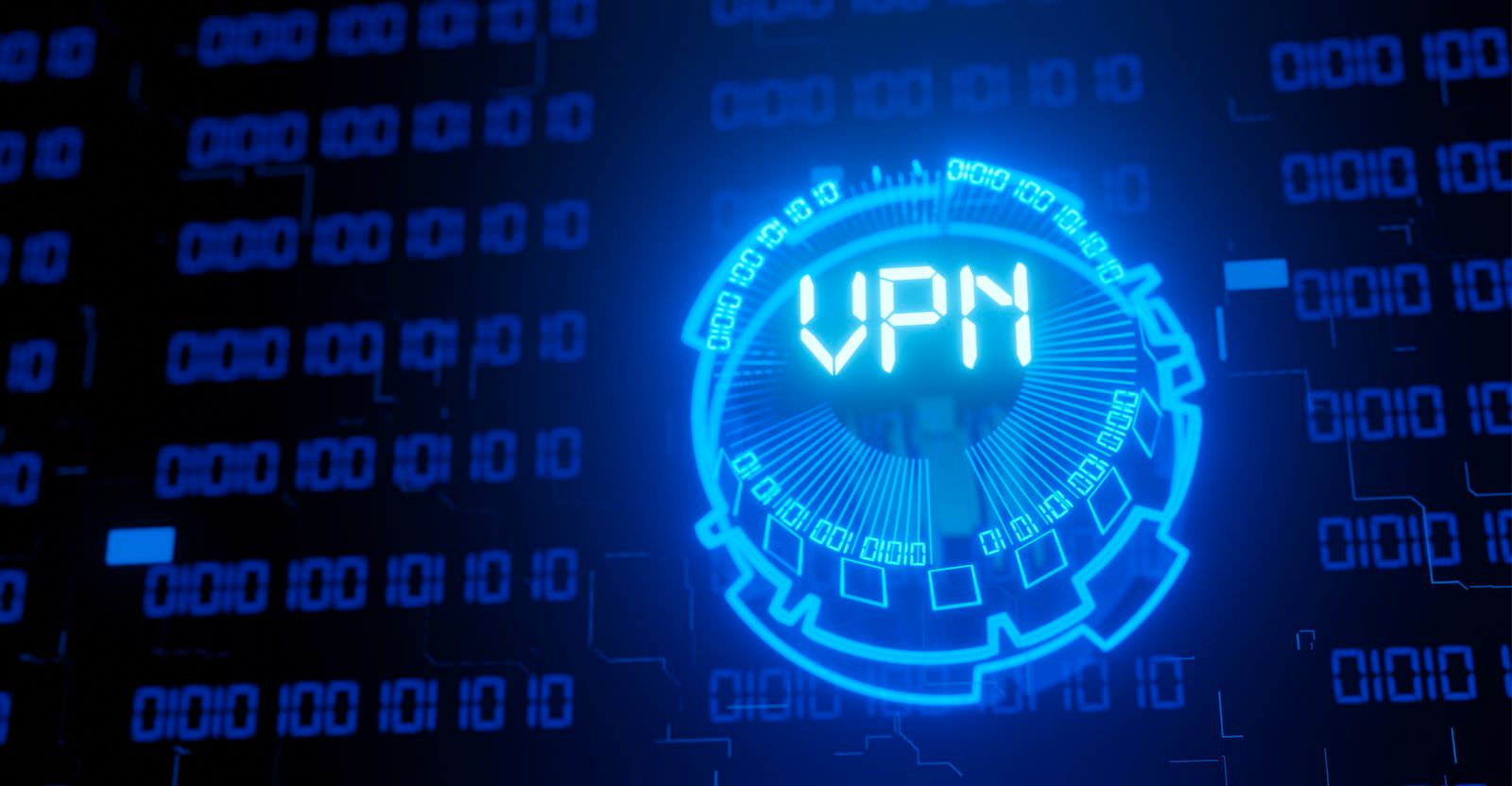
A VPN service is a company that owns or rents a network of servers. The server network is spread out around the world so that you can get a local IP address wherever you need to connect.
The VPN service offers software they call a “VPN client” which allows users to install their VPN connection on any device or operating system: PC, Mac, Linux, Android, and iOS phones and tablets.
The way a VPN client works is by encrypting the internet traffic from your device and masking your IP address before sending it out to the public internet.
This means that if you are using a VPN service, nobody will be able to see what websites or apps you use while connected to their VPN. Moreover, usually, they will not be able to see your location.
Your traffic is encrypted with a key that only the VPN service has access to. This means that even if somebody was trying to spy on your traffic, they would not be able to understand it or decrypt it.
VPN services are often used by people who want to protect their privacy when using public Wi-Fi networks at places like coffee shops, airports, or hotels.
Some VPN services also offer a “kill switch” feature. This will prevent anyone from seeing what websites and apps you were using at that time if your internet connection is suddenly interrupted.

Special VPN Deal
Get VPN protection from NordVPN, one of the most reliable VPN companies in the world, for just $3.99/month!
The different types of VPN services
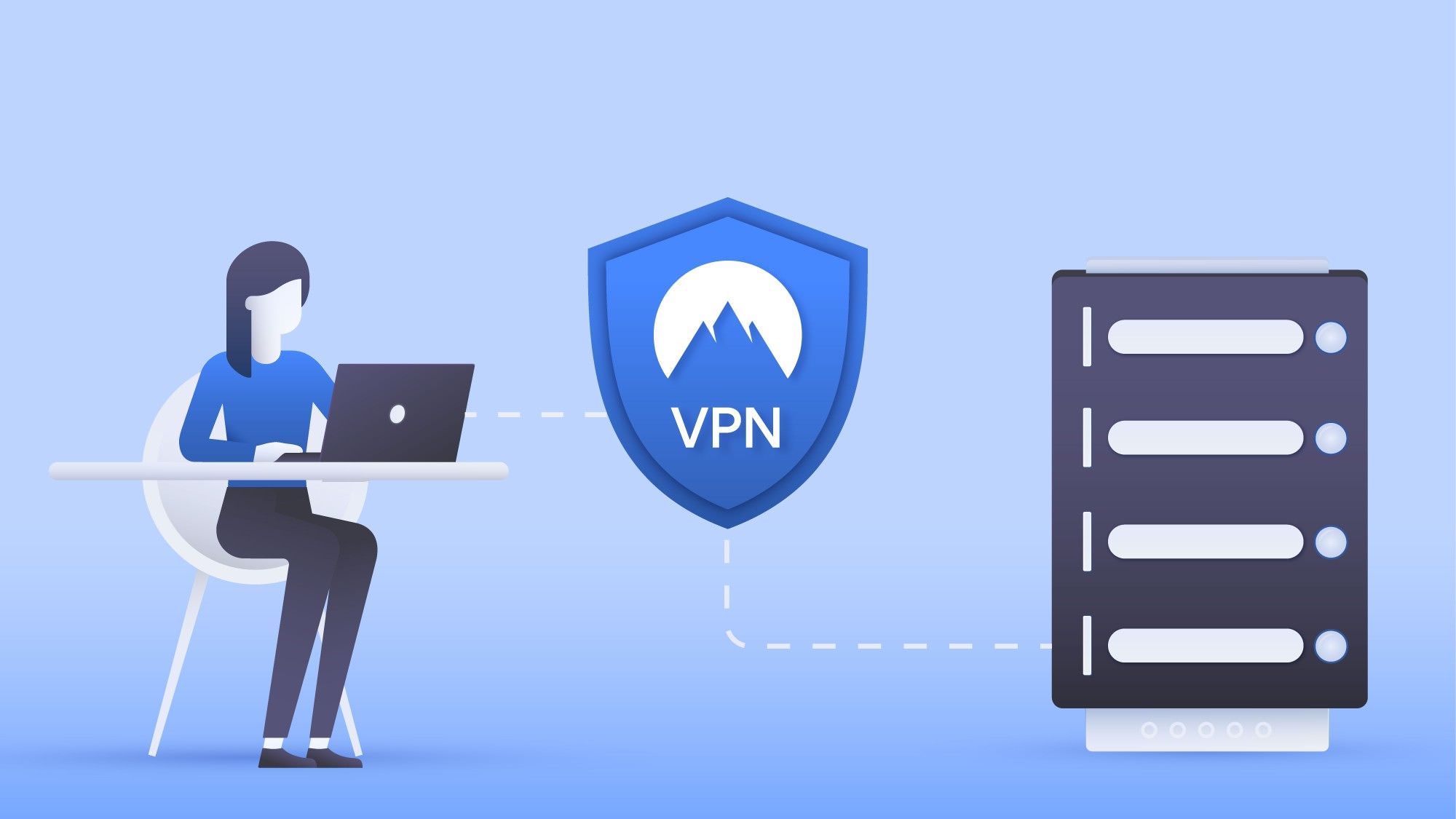
There are at least four types of VPN services: Private VPNs, Remote Access VPNs, Mobile VPNs, and Site-to-Site VPNs and they all have different uses.
A Private VPN is a service that you have to configure yourself and it offers a lot of privacy and security but it requires a certain level of technical knowledge to set it up correctly. You can read more about Private VPNs by reading a previous article that we wrote.
Remote Access VPNs are used by businesses to allow employees to securely access company files and resources from home or while traveling.
Mobile VPNs are used to secure data and communications on smartphones and tablets.
Site-to-Site VPNs are used by businesses to create a private network between two or more offices. This type of VPN is also used to connect branch offices to the main office.
What is a VPN service used for
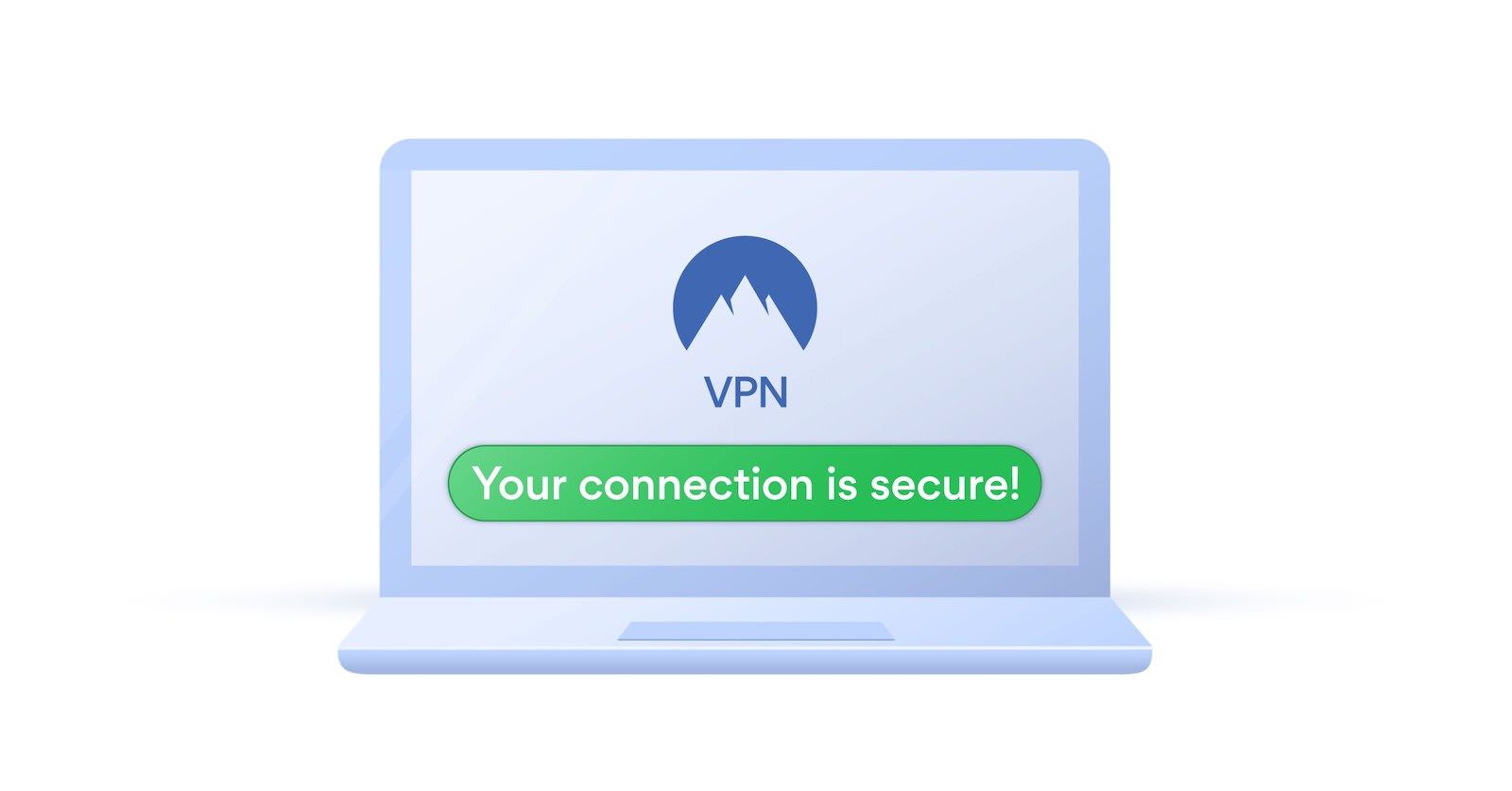
The main purpose of a VPN is to provide privacy and security for the user. They are also useful to bypass restrictions and censorship.
A VPN can be used for many things such as:
- Preventing your internet service provider from seeing what you are doing on the internet.
- Bypass restrictive content filtering policies of companies or governments, e.g., accessing Youtube in China or Facebook at work when it’s blocked by your company’s firewall.
- Bypass geographical restrictions, e.g., watch Netflix in a different country than where you live or access your favorite TV show that is not available in your region due to copyright laws.
- To protect yourself from hackers and snoopers when using public wi-fi networks like the ones at airports or coffee shops.
- To keep your online activity private and secure.

Special offer for our readers – 3 Months Free!
Get the best rated VPN service in the world with a special offer just for the readers of PrivacyTutor!
How does a VPN protect my privacy

A VPN protects your privacy by encrypting your data and hiding your IP address so that no one can see what you’re doing online. Usually, your data is encrypted with a 256-bit key, which is virtually impossible to crack. Your IP address is also hidden so that you can’t be tracked or identified. This keeps your information safe and protects your privacy.
In addition, a VPN can protect your privacy by blocking ads and tracking cookies. These are tiny pieces of data that websites use to track what you do online. They’re usually used to create targeted ads, but they can also be used to steal your identity and follow you around the internet and study your usage patterns.
Most VPNs come with built-in ad blockers that block ads from showing on websites you visit. Advertisers use these to track what you do online so they know what kind of ads to show you in the future (and which ones not to). But, with a VPN, all of this information is hidden and can’t be tracked.
Tips on how to select the right VPN service
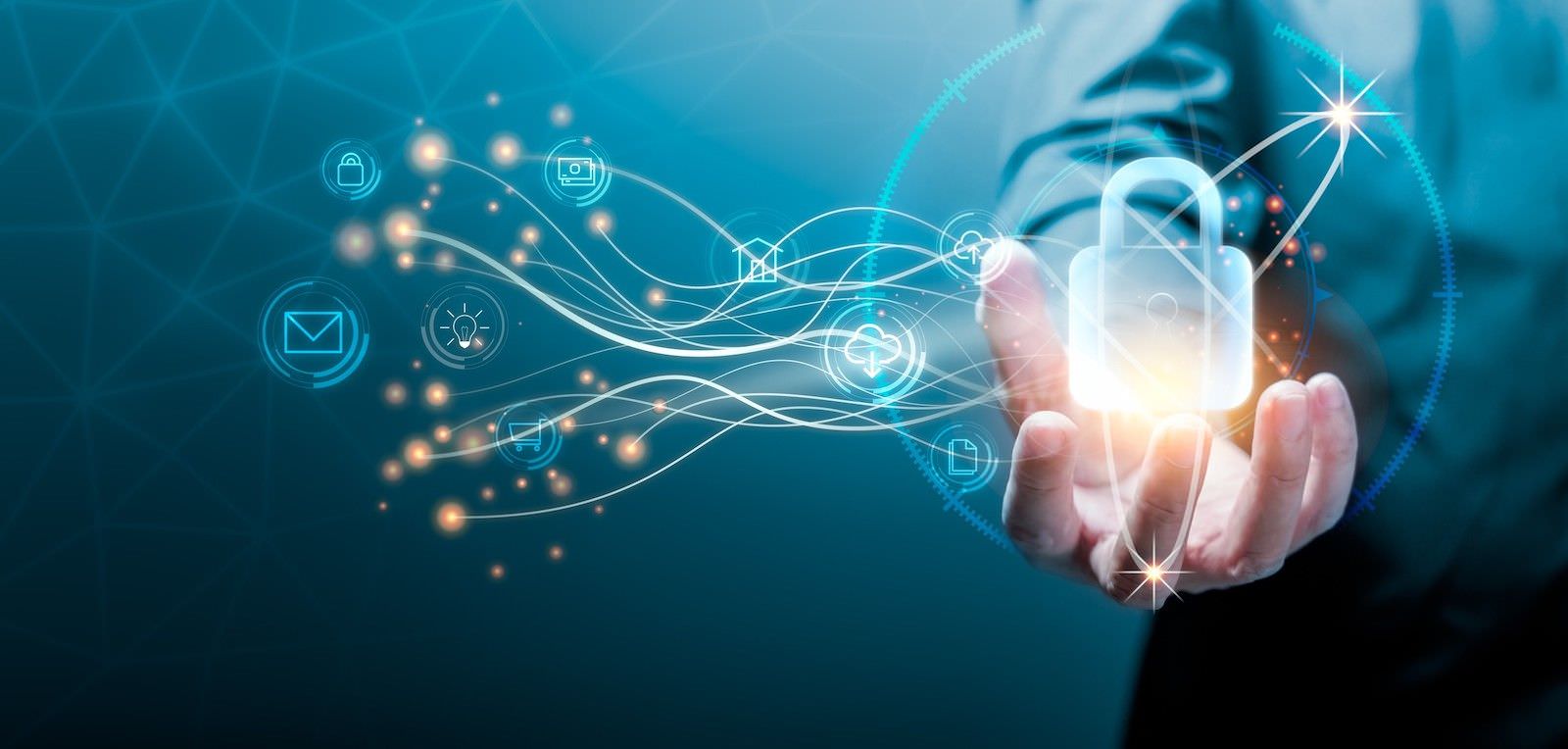
When selecting a VPN service, it is important to consider the features that are most important to you. Here are some of the key features to look for:
- The ability to connect multiple devices at the same time.
- A large number of servers in different countries so you can find the best connection possible.
- A strict no-logs policy so your data and activities are never stored or monitored.
- Strong security features, such as military-grade encryption, to keep your data safe and private.
- Fast speeds so you can enjoy streaming content without buffering or lag.
- Good customer support to help you with any issues that may arise while using the service.
- A free trial or money-back guarantee so you can try out a VPN before committing to it long term (this is especially important if you are new to VPNs and want to experiment).
- Reliable connections that never drop or go offline unexpectedly.
- A killswitch to protect your privacy in case of connection drops (this feature is especially important if you are using a public wifi network where anyone can monitor traffic).
- Split tunneling so you can choose what data goes over the VPN and what doesn’t. This allows for more flexibility when using a VPN.
- The ability to use the service on multiple platforms, including Windows, macOS, iOS, Android, and Linux.
When selecting a VPN service it is important to make sure that the provider has a strong security infrastructure in place. This includes features such as strong encryption to keep your data safe and private. It is also important to make sure that the VPN service has a no-logs policy in place so your data and activities are never stored or monitored.

Special VPN Deal
Get VPN protection from NordVPN, one of the most reliable VPN companies in the world, for just $3.99/month!
What are the limitations of a VPN service
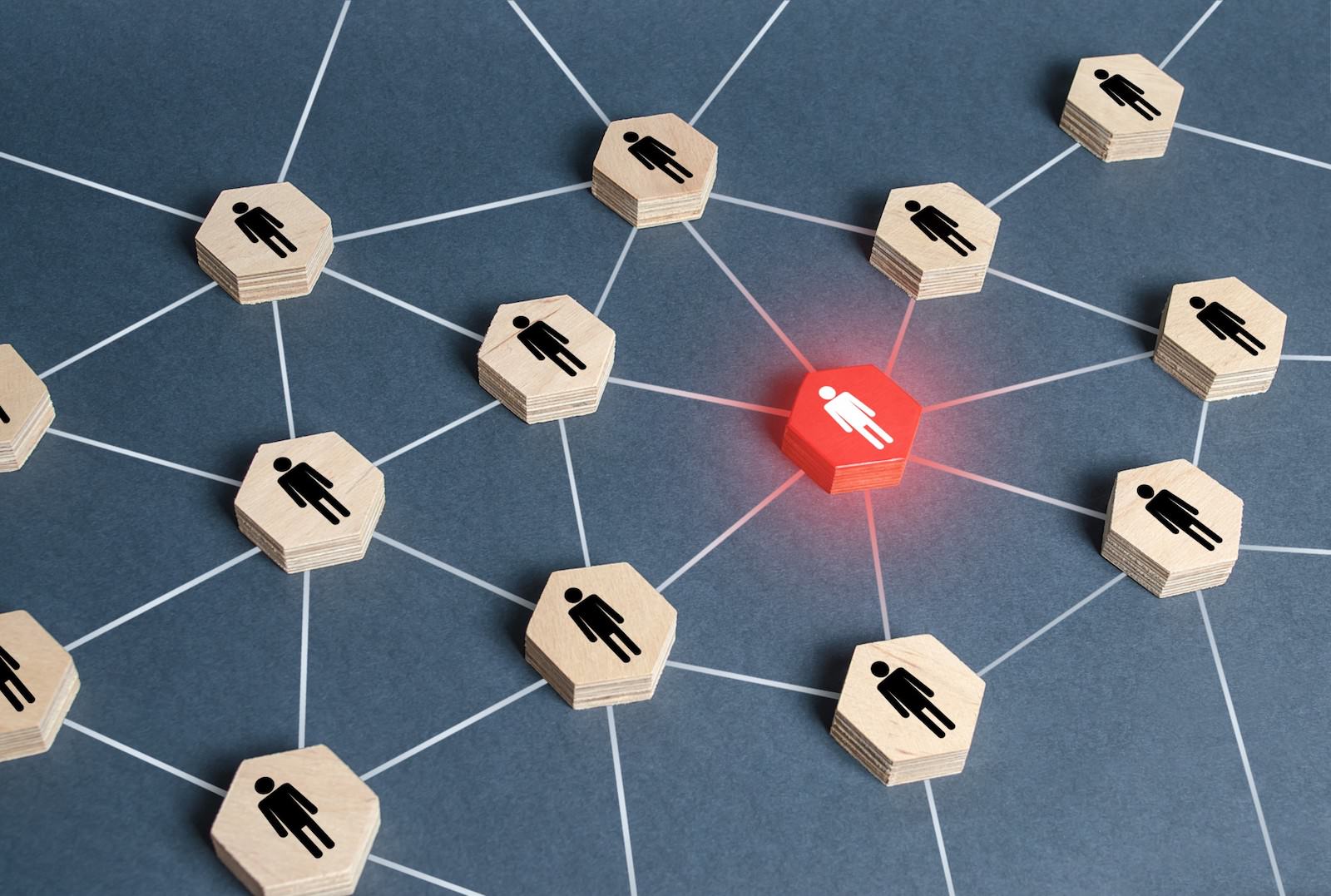
Just like with anything else, there are some limitations to using a VPN service. One of the main ones is that it can slow down your internet connection. This is because your traffic is being routed through another server before reaching its destination.
Additionally, not all websites and services are accessible when you’re connected to a VPN service. For example, some countries like China and Turkey have blocked some VPN services. Some VPNs also log your connection details and can give them to the government if requested. You need to make sure you do your research well before signing up for a VPN service.
Lastly, some websites don’t allow you to use a VPN service. This includes streaming services like Netflix and Hulu. They can detect if someone is trying to access their website from another country through a VPN service and will block them from accessing it in that case. Some VPN services claim that they are successful in bypassing these blocks, but you should do your research before deciding on one and make sure your VPN can provide this particular feature.
Conclusion
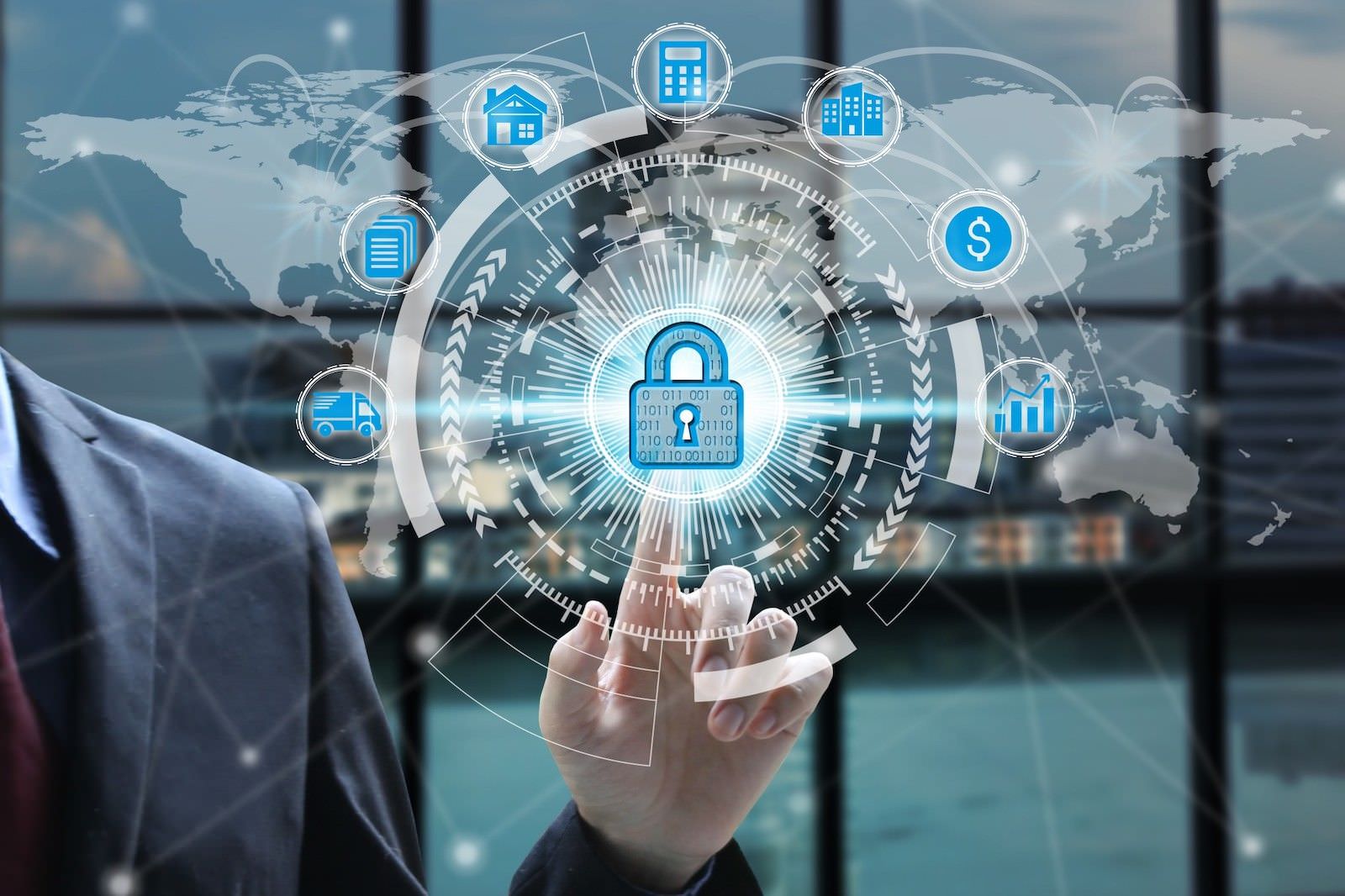
VPNs are a great tool for those who want to protect their privacy and stay anonymous. They also provide an extra level of security online by encrypting your data, which prevents unwanted people from accessing it. When choosing a VPN service provider, make sure they have strong encryption features as well as secure customer support should you run into any issues using the service. You also need to consider how many devices can be connected at one time and what countries they offer servers is because these factors will affect connection speeds and other aspects like torrenting capabilities. Finally, remember that not all services work with every website or streaming network so if you’re interested in this type of protection it’s best to do some research before committing long-term!

